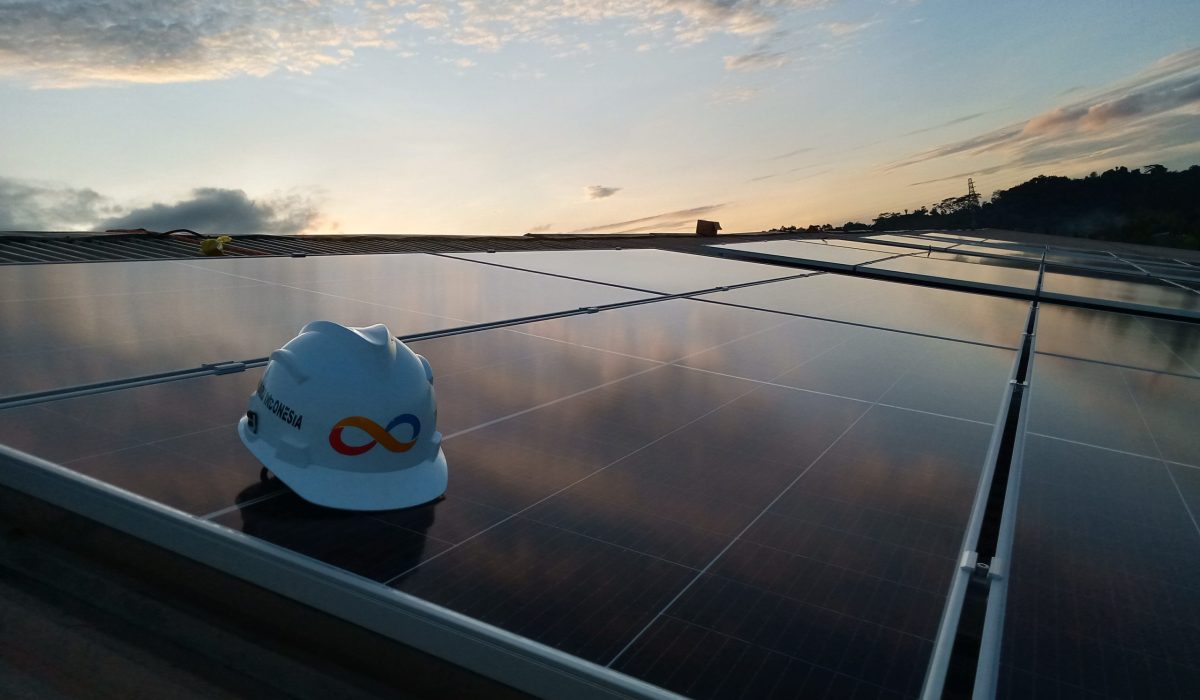Solar panels are devices that convert sunlight into electricity.
They are typically installed on roofs of homes, businesses, and other buildings to provide a source of renewable energy. Solar panels use photovoltaic cells to convert sunlight into electricity. These cells are usually made of silicon and are about 1/4 inch thick. Photovoltaic cells have two layers: one that absorbs sunlight and converts it into energy, and one that releases energy as electrons. These electrons then flow through wires to create an electric current that can be used to power appliances or lights.
Solar panels were first discovered in 1883 by Charles Fritts, and the first solar cell was discovered in 1954 by Bell Labs. Solar panels were initially expensive, so they were only used in space missions or satellites where they would be constantly exposed to a lot of sunlight. But now solar panels have significantly decreased in price and there is more demand for them.
Solar panels are expensive due to the high initial costs needed to purchase and install them. The installation process is not only expensive but also time-consuming. For example, in the US, the cost of a typical solar panel system is $20,000 upfront and requires a $1,000 installation fee. However, solar panels do have an advantage over traditional forms of electricity production because they generate energy without emitting pollution into the atmosphere. Solar panels also help to reduce our dependence on fossil fuels, which are non-renewable resources that will eventually run out. That is why many people choose to install solar panels for their homes or businesses despite the high upfront costs.
Solar panels have been around for several decades and have experienced a surge in popularity in recent years. With the recent cost decreases, solar panels are now affordable for most homeowners. The average cost of solar panels in the US is $5 per watt, which is much lower than the cost of electricity from the grid.
Solar panels work by absorbing sunlight, converting it into heat, and then using the heat to generate electricity. This process can be repeated indefinitely without any emissions or harmful pollutants. Solar panels have been used in various ways, ranging from powering remote homes in the Arctic Circle to providing energy for large companies like Google and Amazon. By installing solar panels on your roof, you can reduce your dependence on conventional energy sources like oil and gas while also saving money on your electricity bills.
While solar panels will be the next big thing, there are some things to consider before purchasing them. First, you need to decide how much power your home needs. This will help you determine how many solar panels you need and what size they should be. Second, it is important to know the cost of electricity in your area so you can compare the price of solar panels to the cost of electricity. You also need to know whether your roof is suitable for solar panels or not. Some people may have roofs that do not have enough space, but they may still want to install solar panels because they believe in their benefits and want to save money on their energy bills.
Solar panels are a great way to save money on your electricity bills and reduce your carbon footprint. But before you invest in solar panels, there are some things to consider. First, make sure your roof is in good condition and that there are no leaks or other damage that could cause problems during installation. Second, make sure you have enough space for solar panels. You need at least 25 square feet per panel for a typical installation. You may also want to consider trees and other structures that could shade your panels and reduce their effectiveness. Finally, make sure you choose a reputable solar panel installer who has experience installing solar panels in your area. With careful planning and the right installation, solar panels can provide clean, renewable energy for your home or business for many years to come.
In conclusion, solar panels are a wonderful way to harness the power of the sun to generate electricity and reduce your carbon footprint. While there may be some initial costs associated with purchasing and installing solar panels, the long-term benefits are undeniable. Not only can you save money on your electricity bill, but you can also help protect the environment by reducing your dependence on fossil fuels.
As solar technology continues to improve and become more affordable, we can expect to see more and more households and businesses taking advantage of this renewable energy source. By making the switch to solar power, we can all do our part to create a cleaner, more sustainable future for generations to come.
So, if you’re thinking about installing solar panels on your home or business, be sure to do your research, consider your options, and take advantage of the many benefits that this technology has to offer. With a little investment upfront, you can reap the rewards of clean, renewable energy for years to come.


